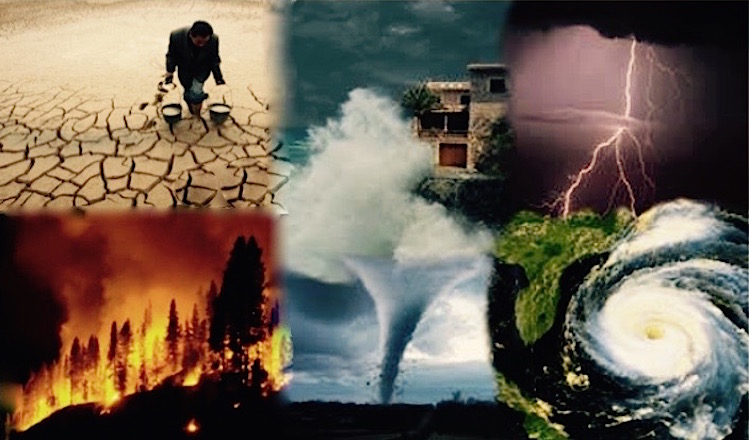- November 6, 2024
- Posted by: Precious David
- Category: Uncategorized

In the last two decades, some of the deadliest extreme weather events have been significantly intensified by the effects of fossil fuel emissions. According to recent analyses, climate change, driven by greenhouse gases from burning fossil fuels, has worsened events like hurricanes, floods, and wildfires. These greenhouse gases have heated our oceans and atmosphere, intensifying storms and extreme weather patterns. For instance, hurricanes have gained strength from warmer sea temperatures, while prolonged droughts and higher temperatures increase wildfire risks, leading to more intense and frequent disasters.
Studies show that fossil fuel-driven climate change raises both the frequency and severity of such events. For example, wildfires that ravaged California, hurricanes that struck the Gulf Coast, and flooding across Asia caused devastating loss of life, displacing millions and costing billions in recovery. Experts agree that without urgent emission reductions, these weather phenomena will only worsen, particularly affecting vulnerable communities. The findings underscore an urgent need to phase out fossil fuels to mitigate these impacts.
Reducing greenhouse gas emissions can help curb the severity of extreme weather events and protect communities worldwide. This approach offers a path toward resilience, underscoring the importance of global collaboration and policies aimed at sustainable energy.
